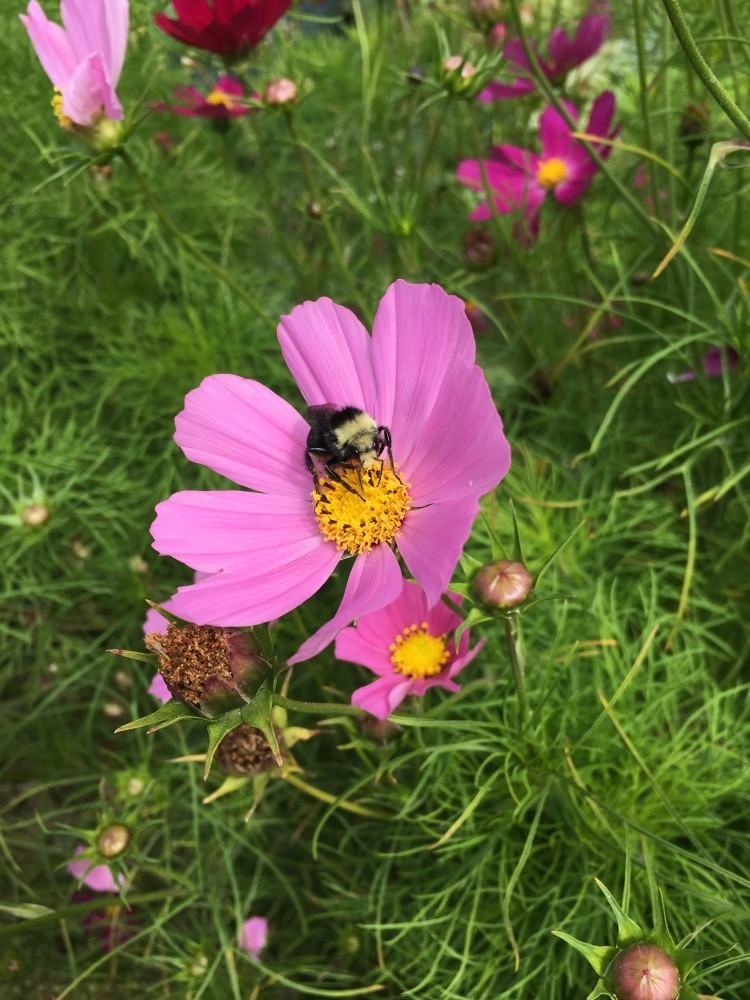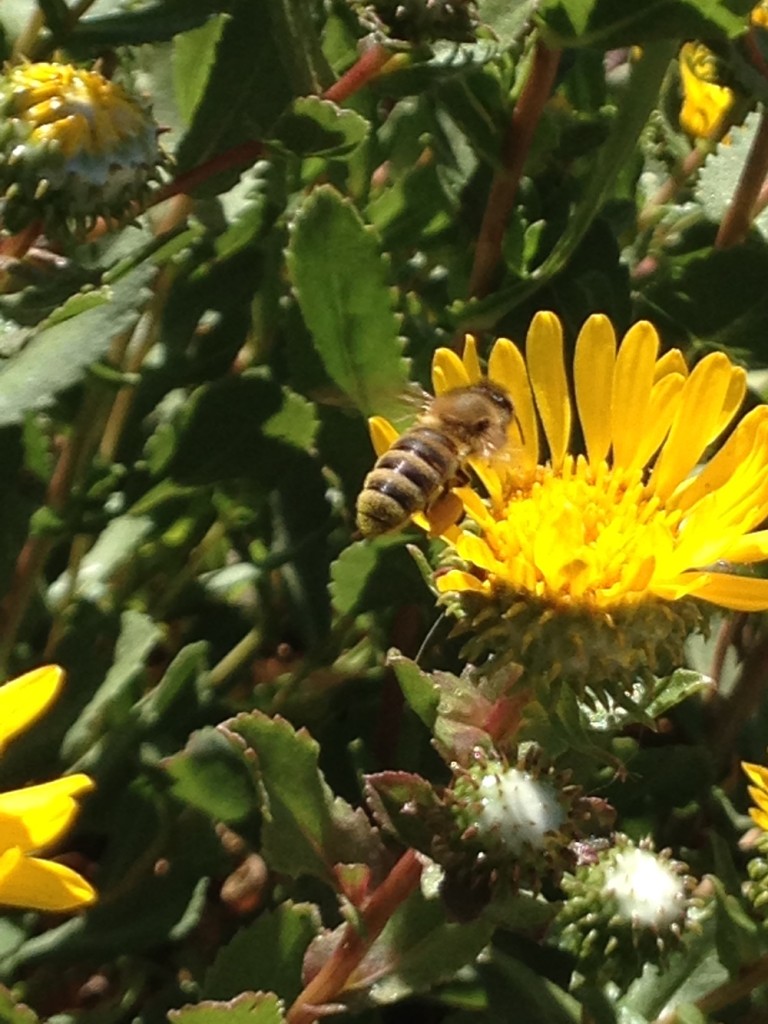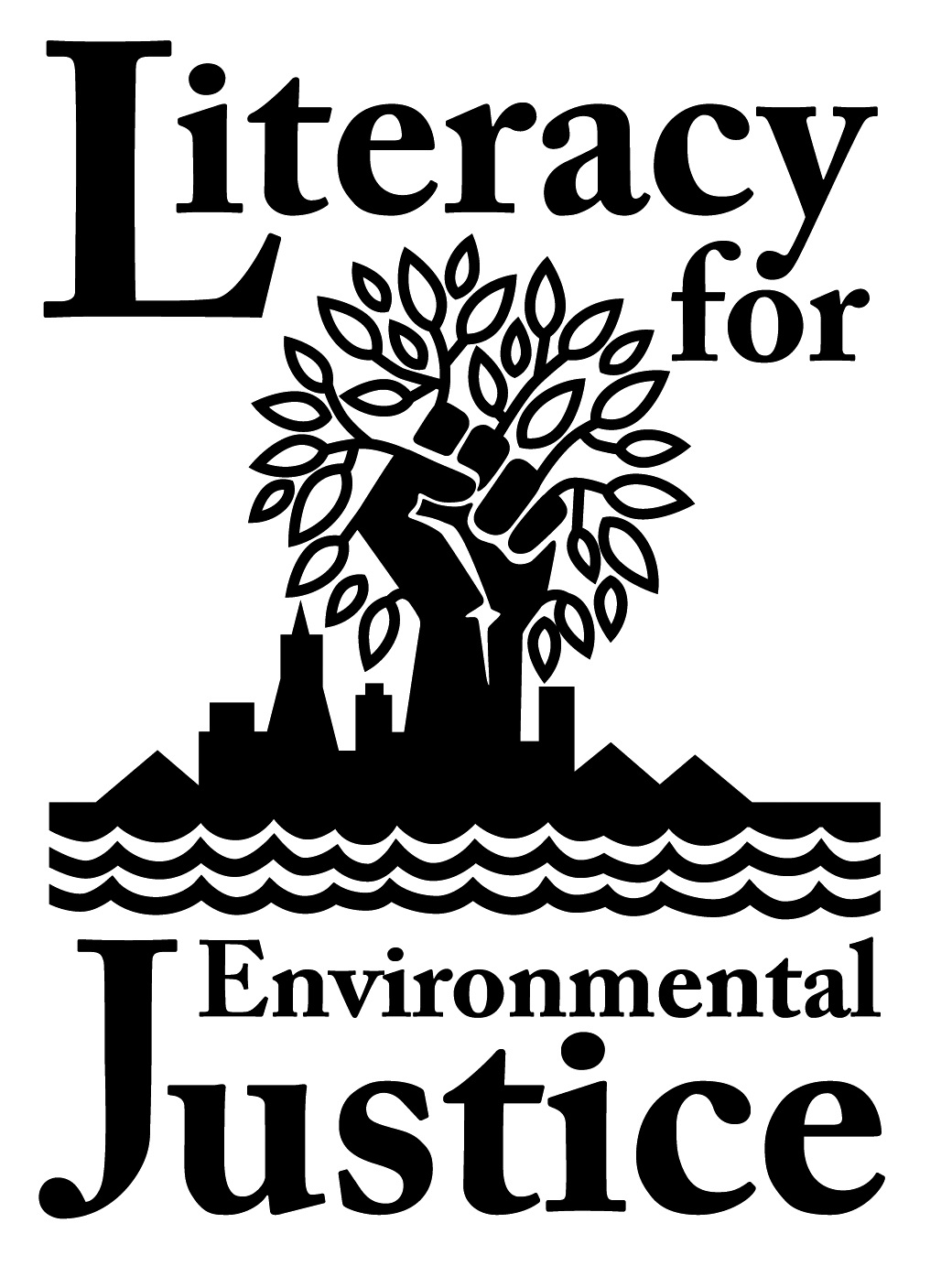By freelance contributor Karoline Gore with Ildiko Polony
Sustainable living is as much about reducing your personal carbon footprint as it is making sure that the other flora and fauna on the planet can live healthily. It’s essential, then, to consider the well-being of creatures that might otherwise go ignored when working with sustainable objectives. Take, for example, bees. Since the 1990s, the bee population has dropped in the United States by 90%. This extreme dive can be attributed to climate change but also to ecosystem neglect. If you’re looking to live more sustainably, why not make a home for bees in your yard?
Do Your Research
Before you start brainstorming a lush, new garden with all of the tasty flowers that bees love to collect nectar from most, consider your housing situation. Each county in California has different legislation in place when it comes to beekeeping. Do your research ahead of time, making sure it’s okay for you to purposefully attract or keep bees in your yard. If you’re living on a rental property or in an apartment, the legalities of planting a garden or establishing a hive will vary.

A native bumble bee visiting a non native flower
A Bit About Pollinators
Honey bees deserve a lot of credit for pollinating our food crops, and we are dependent on them to do so, but they are not the only species that pollinate. All types of insects, bats, hummingbirds, and other critters also provide the pollination we depend on for our food. Once pollination occurs, our food crops are able to produce the fruits, nuts, and seeds we love to eat, as well as reproduce themselves. Without pollination, the vast majority of the fruits, vegetables, and nuts we enjoy would never emerge. Honey bees are especially relied upon today because they are easily transported to the vast monocultures we create in our industrial food systems. They also love to visit our gardens and pollinate our veggie beds and fruit trees, and we welcome and thank them for it!
The key to maintaining pollinators is to provide plants that the most diverse wildlife can enjoy. Creating an ecosystem in your backyard that can support not just the honey bees, but also, the flies, moths, butterflies, hummingbirds, bats and others who visit flowers in search of nectar, begins with planting plants native to your area. Pollinators are generalists, meaning they can drink nectar from almost any flower, but not all plants can be pollinated by all species, so if we want to preserve and enhance biodiversity, planting native plants is the key. This is one of the many reasons LEJ is dedicated to native plant horticulture and habitat restoration.
Dig On In
Once you’ve checked on local legislation, you can get to work. Planting a garden for the first time isn’t as difficult as it may seem, so long as you have the right resources. Planting flowers or other vegetation that will appeal to bees is even easier. While all bee species, including our beloved European Honeybee, can collect nectar from any manner of wildflowers, California native bees like the wool carder, leafcutter, mason, and yellow faced bumble bee are especially fond of the local flora, which includes:
- California lilac
- California beeplant
- California phacelia
- Yarrow
- Seaside daisy
- And coast buckwheat
So long as you have a healthy smattering of these and similarly-familied flowers in your yard or garden, word will make its way between bees that your lawn is the best place to go for a productive work day.
Offer a Home
Finally, one of the best things you can do in order to help protect bees from pesticides, pollution, and other environmental hazards is to offer them a hive to call home. Keeping bees is different than attracting bees, of course. This practice requires some additional responsibility on your part. However, one of the best ways to bolster the bee population is to provide a place where they can form colonies and reproduce.
Sustainable living is about more than recycling. It’s about caring for the environment of which you are a part. By stepping in and helping to rehabilitate the bee population, you not only preserve a helpful species, but you ensure that the world stays a little sweeter.
Our community garden at 1150 Carroll Ave has a lot of beneficial insect visitors, but we have yet to be home to a hive. If you are interested in helping bring a hive to LEJ, and maintain it, please contact ildiko.polony@lejyouth.org.

A honey bee visiting our native gumplant in the Candlestick Park Native Plant Nursery
